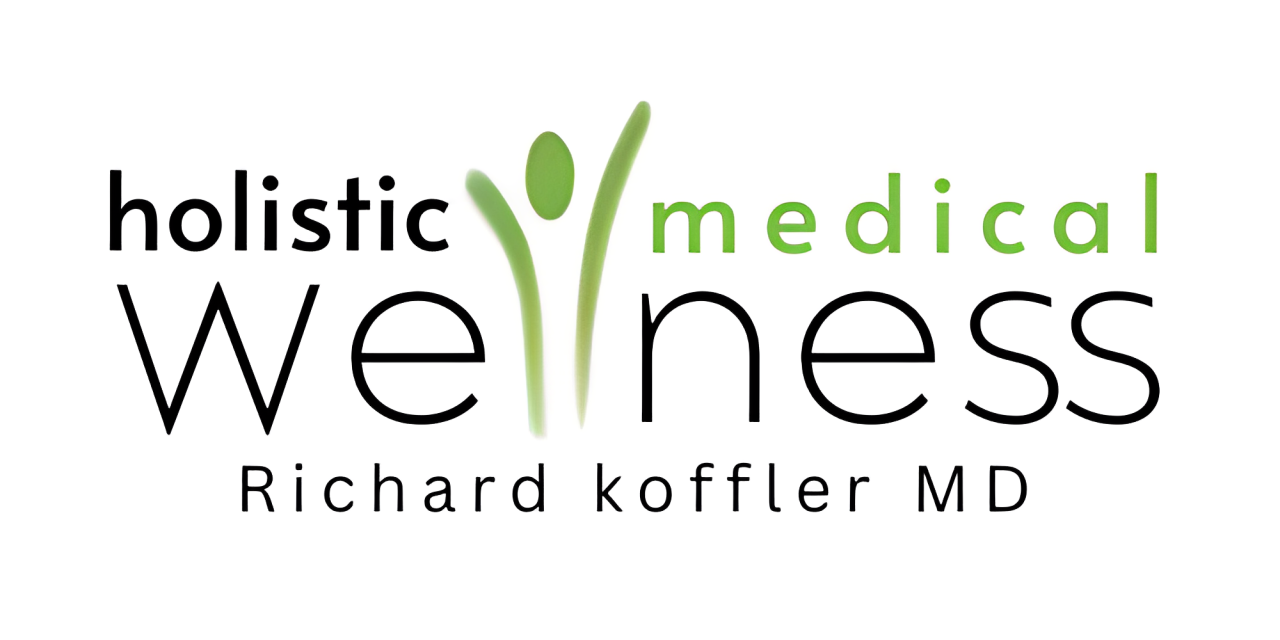Subtotal $0.00
Feel Free To Contact Us at
Let’s Stay In Touch
Subscribe to our Newsletter and get the latest updates in the field of Holistic Medicine
Shopping cart
- Home
- About
- Services
- Acupuncture
- Cupping Therapy
- Female Bioidentical Hormonal Replacement Therapy
- Functional Medicine
- Genetic Testing
- Holistic Pain Relief
- Medical Marijuana
- MRT Food Sensitivity Test
- Peptide Therapy
- Reflexology
- Semaglutide Treatment
- Sports Injury Rehab
- Stress & Anxiety Management
- Testosterone Replacement Therapy
- Trigger Point Injections
- Weight Loss
- Shop Supplements
- Blogs
- Contact
- FAQs
- Phone:(888)-896-5577
- Email:dr.koffler@hmwcenter.com














